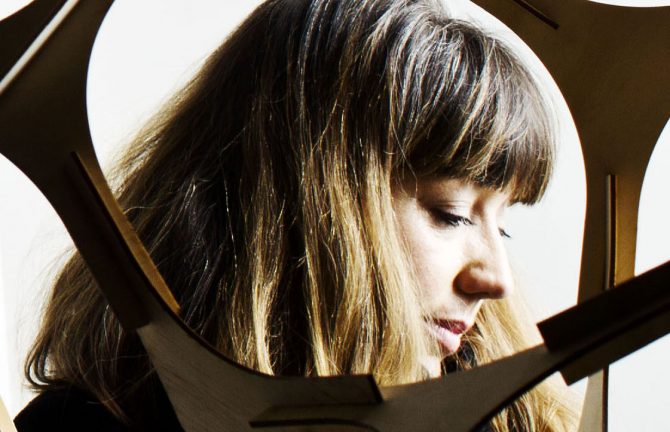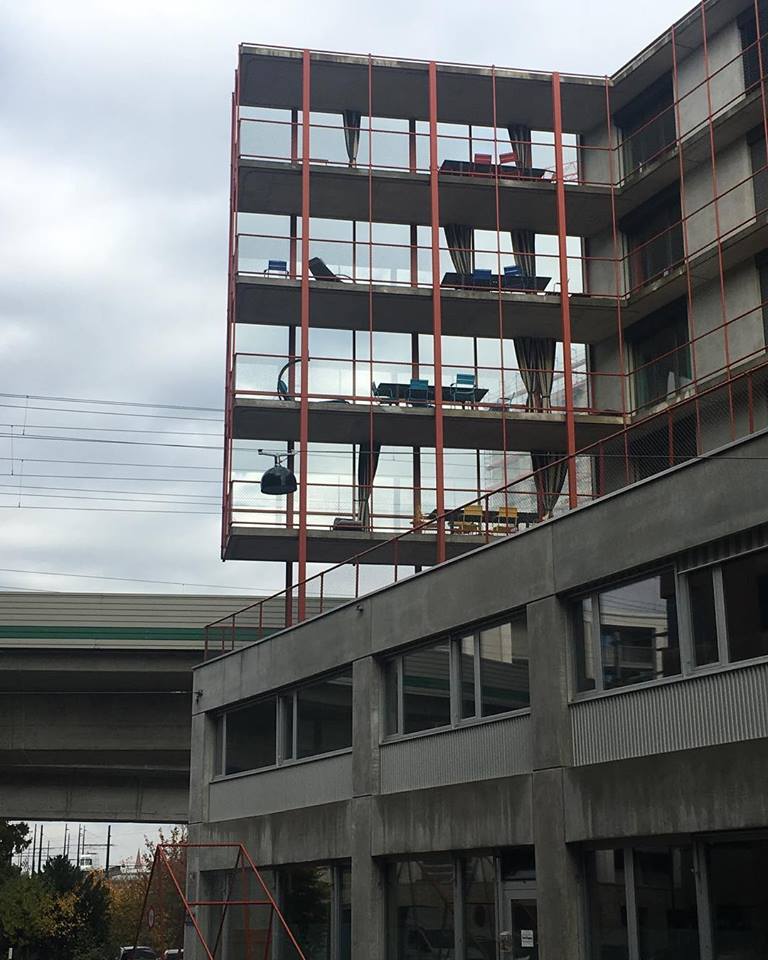
MTalks
Domesticity: I am Trapped – Radical Experimentation in Housing
MPavilion
Free!
This event is now complete. If you want to revisit the talk, visit our Library, or subscribe to the MPavilion podcast via iTunes, Pocketcasts, Stitcher, Spotify, or wherever else you get your podcasts.

There have been some great innovations in Melbourne in recent years exploring the possibility of a new collective life in housing at the scale of the apartment block. Just like new work in Germany and Switzerland, Austria and Spain, these new projects such as Nightingale, propose new shared living spaces, lettable studio apartments, kitchen gardens on roofs, with new social spaces along with new logics of shared responsibility for sustainability practices, energy production and consumption, and waste management.
However, as we seek an accelerated social resilience and new kind of inter-generational life in cities, in response to the emerging horror of climate change, its concurrent species and complex ecology loss, and in response to the demand of socio-demographic transformation – ageing particularly, there is a rising sense that this tinkering around with the apartment/building block alone is not enough. Where can we find new forms of non-familial and even non-human intimacy and care in the practice of our daily lives.
What remains unchallenged in these projects is the spatial performance and logic of the single family dwelling itself: the studio, one, two or three bed-apartment. With its animating condition of domesticity and the endless repetition of the core elements understood to be essential for daily life: kitchen, bathroom, bedroom, living space, domesticity has dominated the constitution of the modern city since the second half of the 19th century. It is fundamental to the most basic divisions of public and private, and to our understanding of ourselves as domestic subjects. Within its spatial hierarchies and performances, I am always mother, daughter, sister, wife, lover – even in my critical opposition to everything implied in those subjectivities and roles, only by reference is my position even possible.
The housing we live in and its animating condition of domesticity tells us already all that is possible to say within its discursive limits. Mother, Sister, Daughter, Lover, wife: I am trapped.
This presentation will look at a series of case studies from Switzerland and Spain that are beginning to suggest a way forward, as well as graduate student work from the MA City Design at the Royal College of Art. Fundamental to these projects is the role of the design process in negotiating difference amongst future occupants through the process of coming into form of the project. In addition, each demonstrates the importance of Architecture’s disciplinary formal and material skill set (architectural typology, drawing) as part of design experimentation and speculation. Each project begins to suggest how we might find new logics of collectivity that support new forms and formulations of intimacy and care in housing and as part of new ideas of human and non-human kin.
Each asks, who are we and what else might we be together?
In collaboration with
